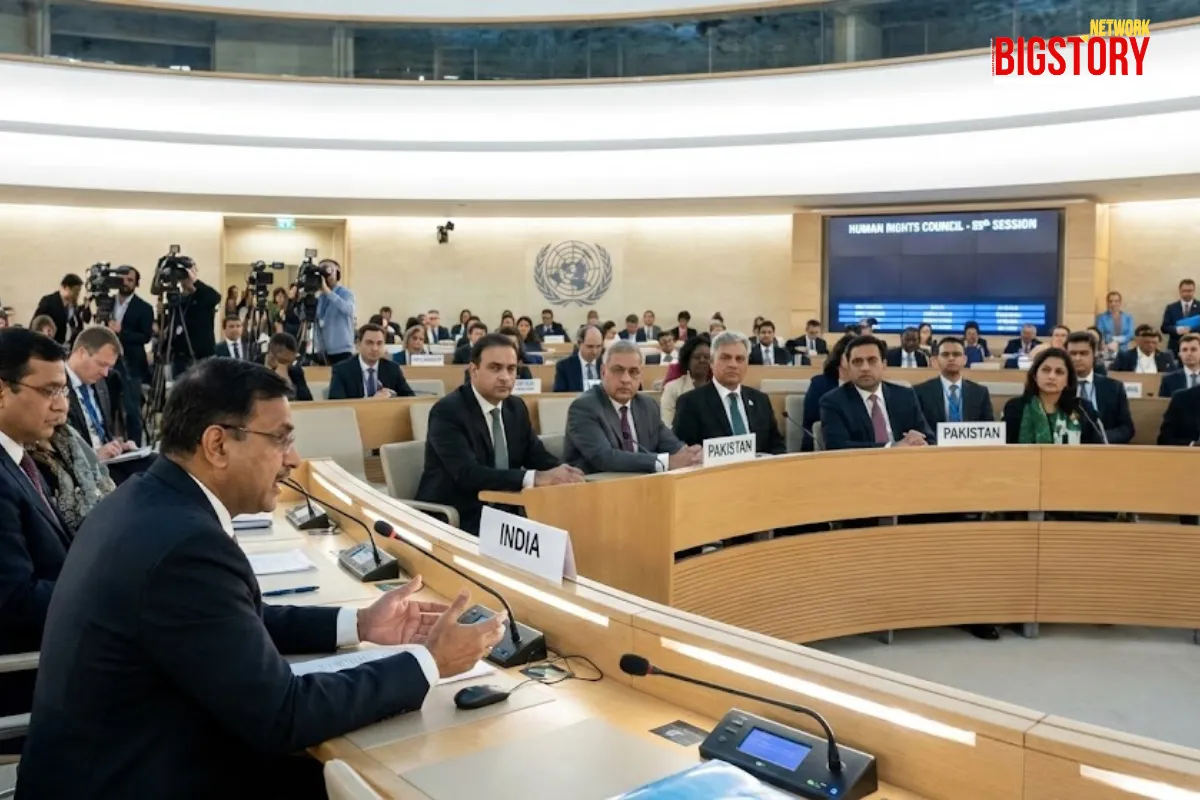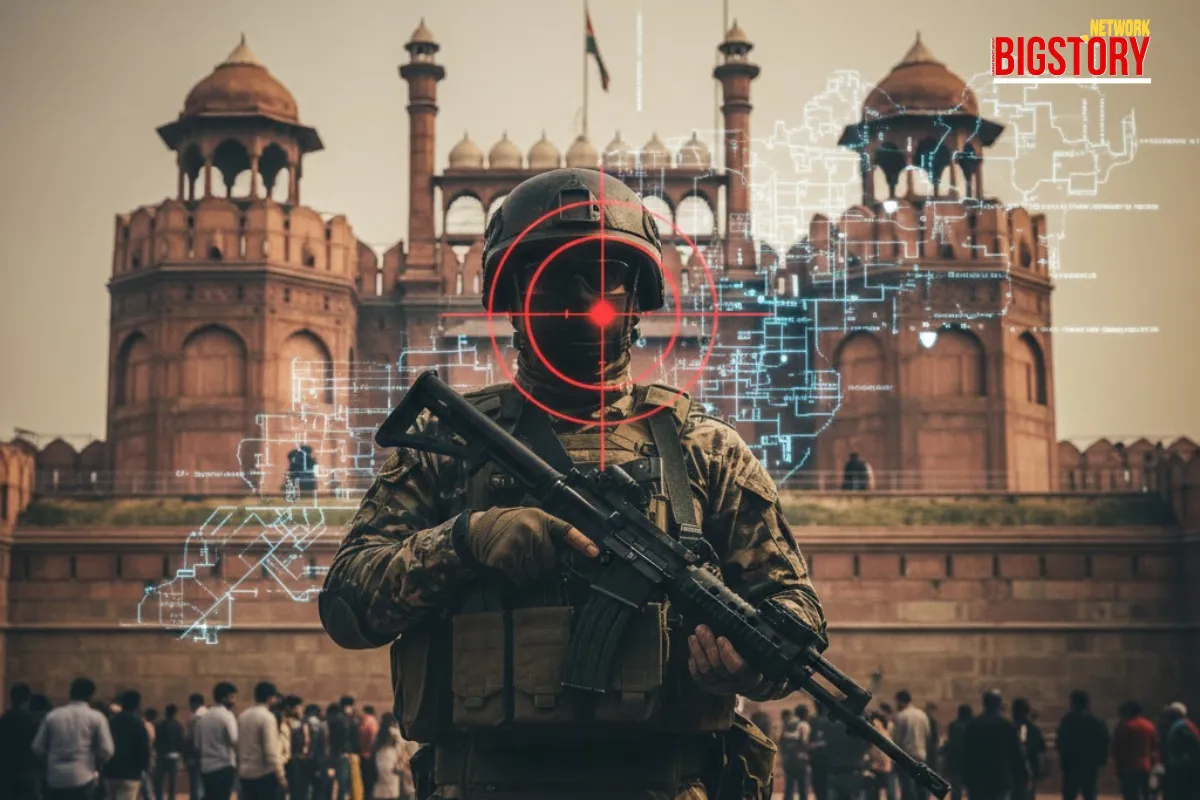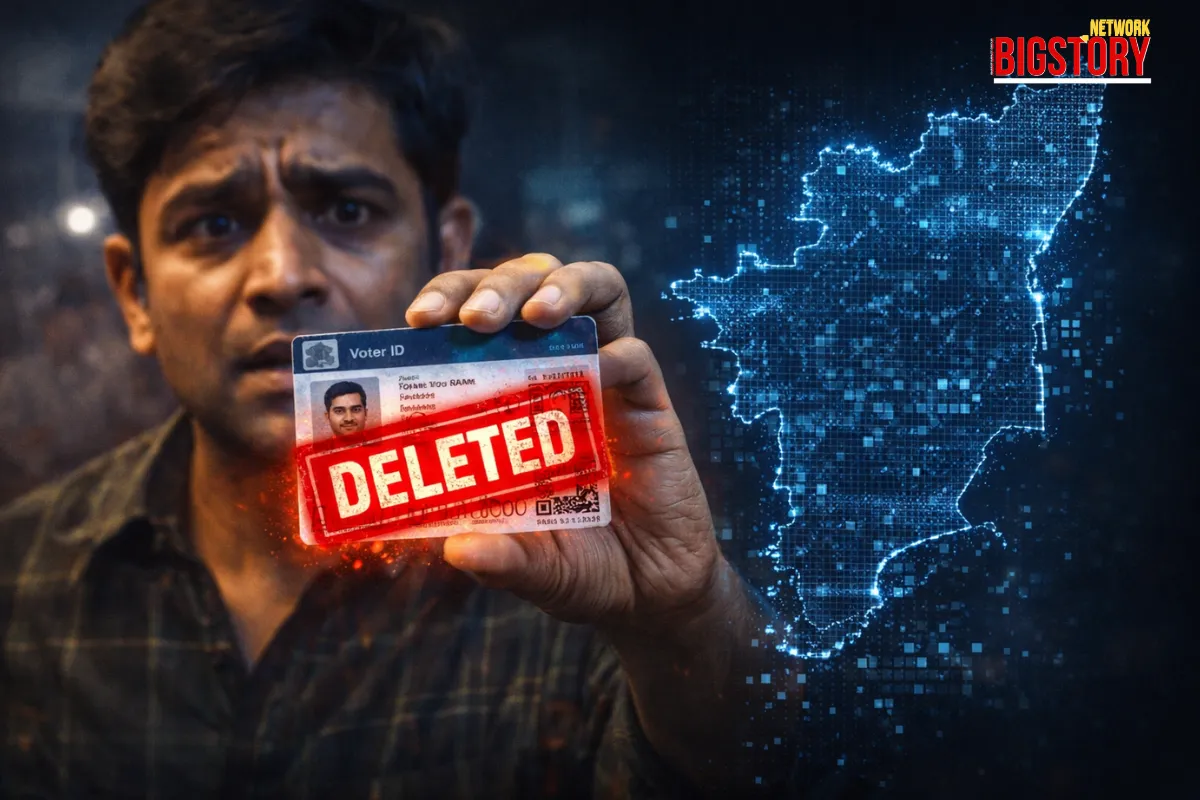Election Commission prepares nationwide SIR voter roll revision after Bihar controversy. SC allows Aadhaar; opposition warns of voter suppression.
 Brajesh Mishra
Brajesh Mishra
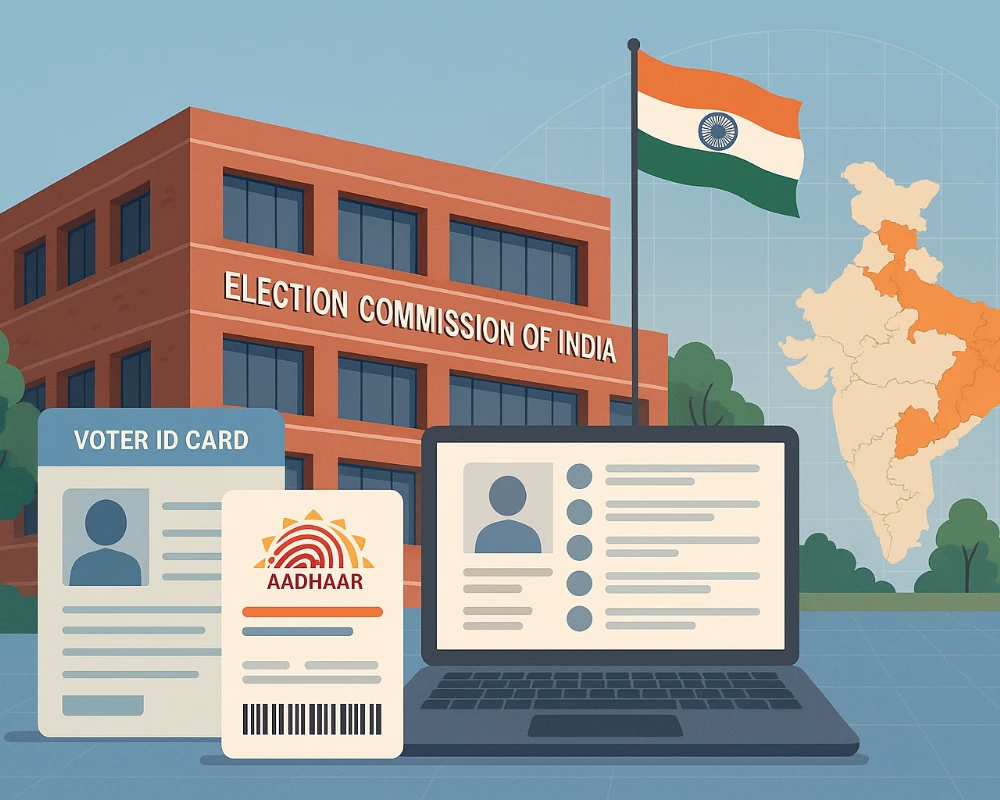
The Election Commission of India (ECI) is preparing for a nationwide SIR electoral rolls implementation in India 2025, marking one of the most significant voter list revisions in recent years. The move comes after the Bihar SIR voter list controversy, where more than 65 lakh names were deleted, sparking political, legal, and civil society debates. With assembly elections approaching in Bihar and five other states in 2026, the rollout could play a decisive role in shaping India’s democratic process.
On September 10, 2025, the ECI held a review meeting with Chief Electoral Officers from all states and Union Territories to assess preparedness for a pan-India Special Intensive Revision (SIR). Chief Election Commissioner Gyanesh Kumar stated that the final schedule would be announced “at an appropriate time” after feedback from the states (India Today).
The aim of the SIR is to:
In Bihar, the Election Commission’s SIR exercise deleted 65 lakh voters (8.2% of the electorate), including 26 lakh who migrated, 18 lakh deceased persons, and 7.5 lakh duplicate entries (NDTV).
Positive Impacts
Concerns and Risks
The nationwide SIR electoral rolls implementation in India 2025 could redefine voter registration ahead of the 2026 Assembly elections. Supporters argue it will ensure fairer polls by eliminating fraudulent and duplicate voters. Critics, however, fear the risk of voter suppression if genuine names are wrongly deleted.
The final Bihar electoral roll, due for release on September 30, 2025, will serve as the first test case before the state’s November elections. Its outcome will influence how the nationwide rollout is received and whether it strengthens trust in India’s democratic institutions or fuels further controversy.
1. What is the Special Intensive Revision (SIR) of electoral rolls?
It is a voter list verification process where Booth Level Officers conduct door-to-door checks to remove deceased, duplicate, and ineligible voters while adding eligible new voters.
2. Why is the Election Commission rolling out SIR nationwide?
The ECI says it is part of its constitutional duty to ensure transparent and accurate voter registration ahead of major elections.
3. Why did Bihar’s SIR exercise face criticism?
Because 65 lakh names were deleted, opposition parties allege targeted disenfranchisement, while the ECI maintains it was a routine cleanup.
4. What role did the Supreme Court play?
The Court ordered Aadhaar to be accepted as valid ID and directed the publication of deleted names with reasons, to improve transparency.
5. Who could be most affected by the SIR?
Experts say migrant workers, Dalits, and Muslims may face challenges due to documentation and verification requirements.
6. How will this affect the 2026 Assembly elections?
It could reduce duplicate and fraudulent entries but may also spark disputes if genuine voters are removed close to the polls.



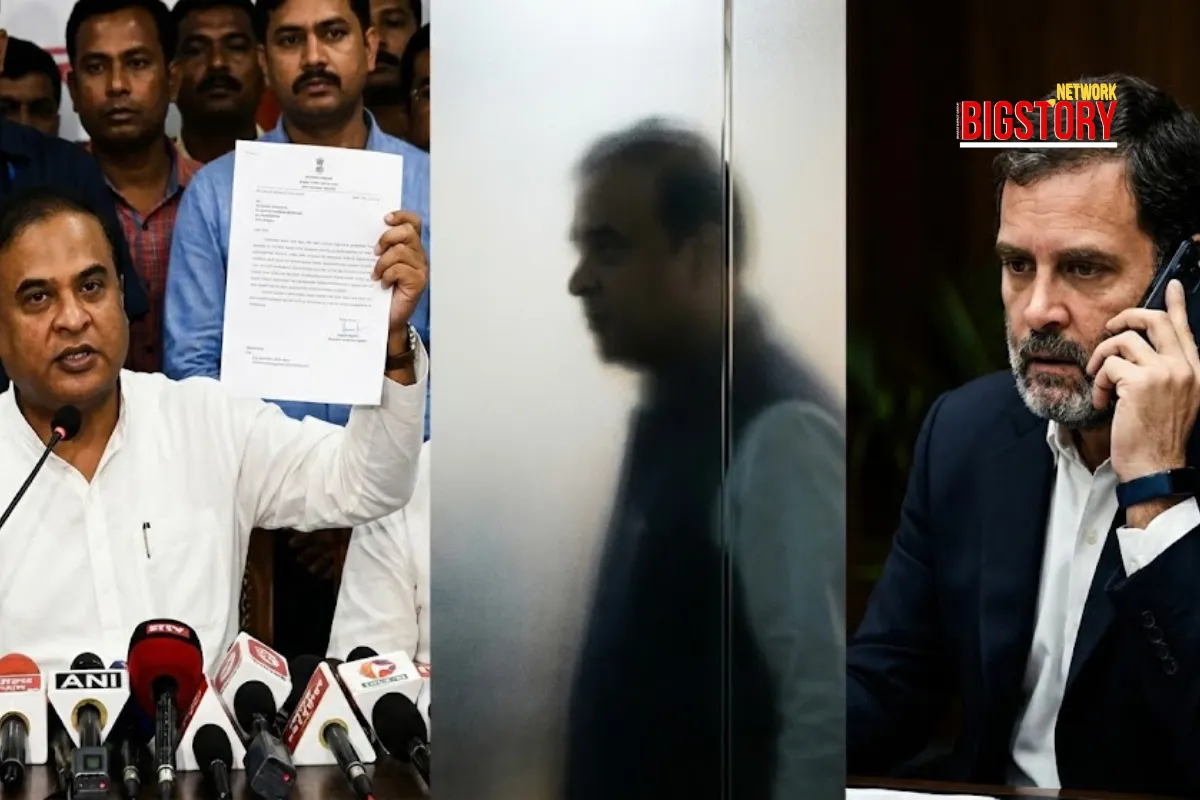


Sign up for the Daily newsletter to get your biggest stories, handpicked for you each day.
 Trending Now! in last 24hrs
Trending Now! in last 24hrs
